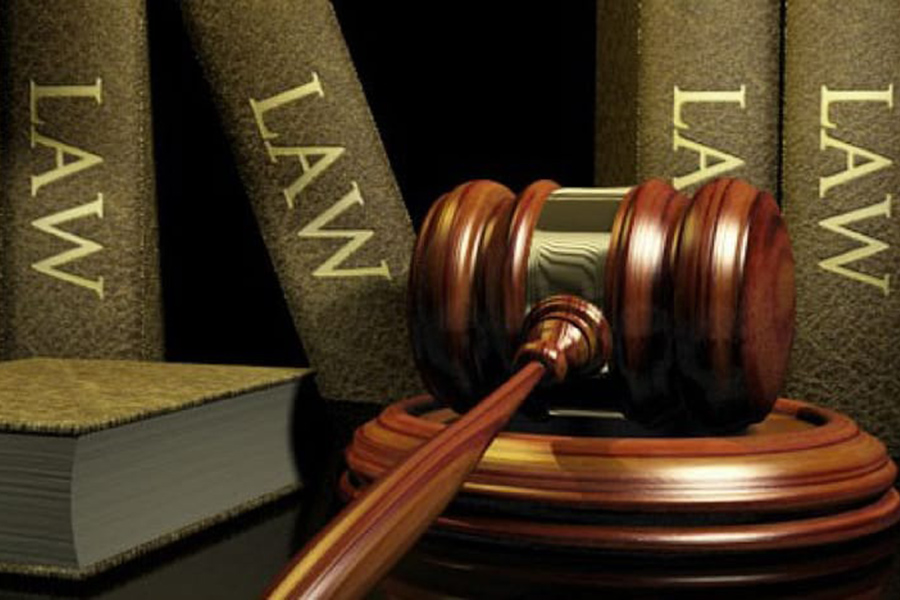Robert P. Tuerk’s quest for reinstatement to practice law suffered a major setback this month when the Florida Supreme Court upheld his disbarment in the Sunshine State.
Tuerk, a longtime LGBT advocate, was the first out candidate to seek a judgeship in Philadelphia Traffic Court. He has performed extensive pro-bono legal work in the community and served on the Police Liaison Committee.
Based in Philadelphia, Tuerk, 54, was licensed to practice law in Pennsylvania and Florida.
But for several years, Tuerk had faced difficulties relating to his law license, stemming from a 1985 arrest for an LGBT-related morals charge in Philadelphia. Tuerk was never convicted of a crime anywhere, and his 1985 arrest eventually was expunged, according to court records.
But in October 2015, Tuerk’s law license was suspended in Pennsylvania for a year and a day, after he failed to inform federal-court officials of the arrest. Tuerk’s license to practice law in Florida also was suspended, due to the Pennsylvania suspension. But Tuerk’s problems were compounded when he allegedly failed to file an affidavit relating to his Florida suspension in a timely manner.
In legal documents, Tuerk maintains he filed the affidavit as soon as he realized he was required to do so. But in July, the Florida Supreme Court disbarred Tuerk after bar officials claimed Tuerk should have filed the affidavit sooner.
On Oct. 12, the Florida Supreme Court unanimously upheld Tuerk’s disbarment in the Sunshine State, despite his objections.

A spokesperson for The Florida Bar declined to comment specifically on Tuerk’s disbarment but provided a summary of the readmission process in Florida.
“As stated in the Florida Bar’s monthly disciplinary releases, ‘Disbarred lawyers may not reapply for admission for five years, unless ordered otherwise.’ They are required to go through an extensive process that rejects many who apply. It includes a rigorous background check and retaking the bar exam. Historically, less than 5 percent of disbarred lawyers seek readmission,” the bar spokesperson said.
Also this month, the Pennsylvania Office of Disciplinary Counsel announced its opposition to Tuerk’s petition for reinstatement to practice law in Pennsylvania.
The Pennsylvania Supreme Court’s Disciplinary Board is in the process of scheduling a hearing date for Tuerk’s petition for reinstatement, a board spokesperson said this week.
Tuerk’s 230-page petition for reinstatement in Pennsylvania states, in part: “I have accepted the error of my ways that have caused my suspension and I take full responsibility for the same. I look forward to being reinstated so that I may continue to excel in the legal field, and to continue to assist the under-represented. I’m also interested in getting involved in the area of ethics.”
Tuerk’s petition also confirms that he recently completed 36 hours of legal-education classes, with at least 12 hours devoted to the area of ethics.
According to legal documents, “[Tuerk] supports his community through volunteer activities such as landscaping for a historic church, delivering meals to the sick and performing paralegal work for an innocence nonprofit. To disbar him would be ruinous to his life and detrimental to society.”
